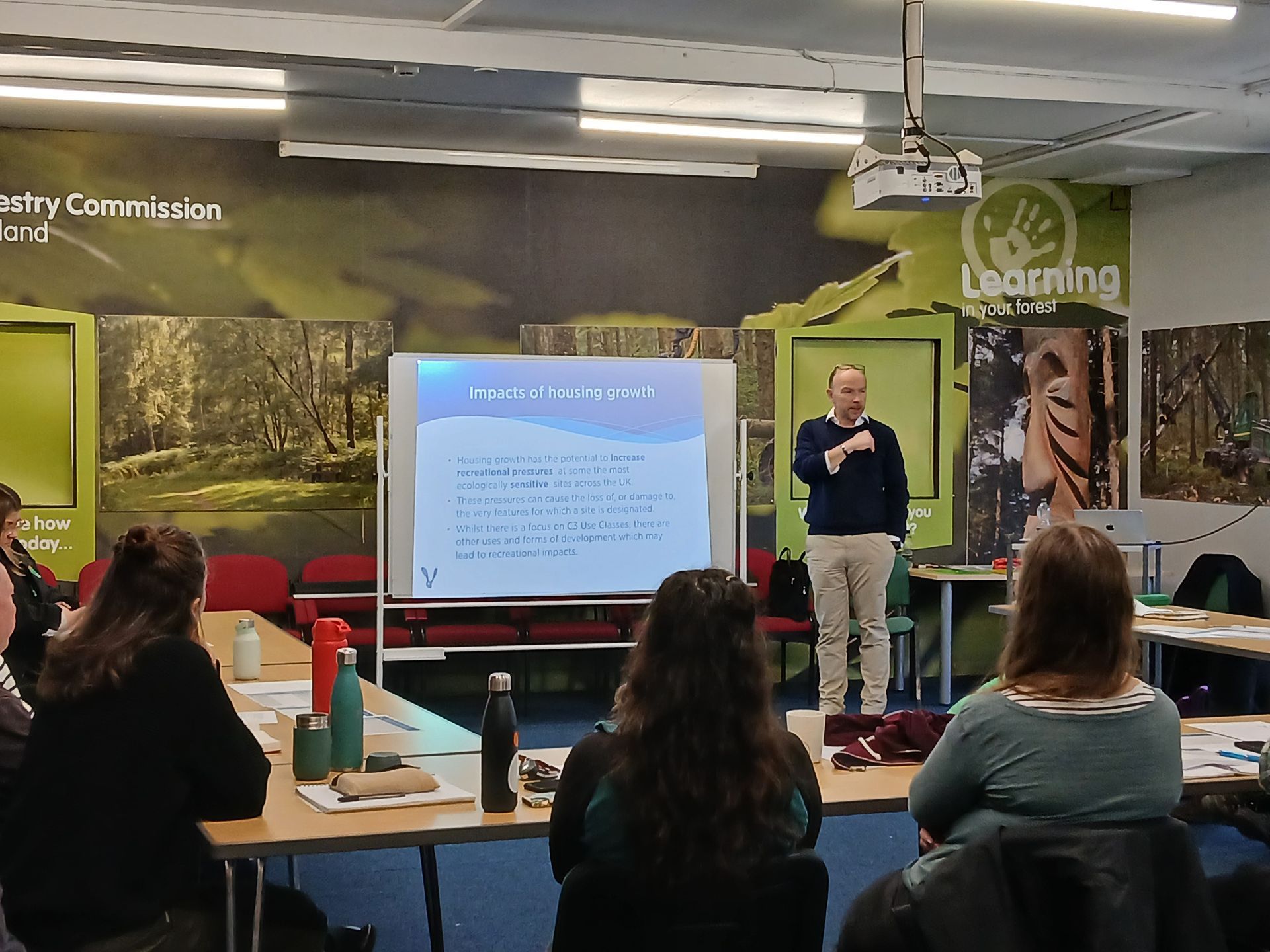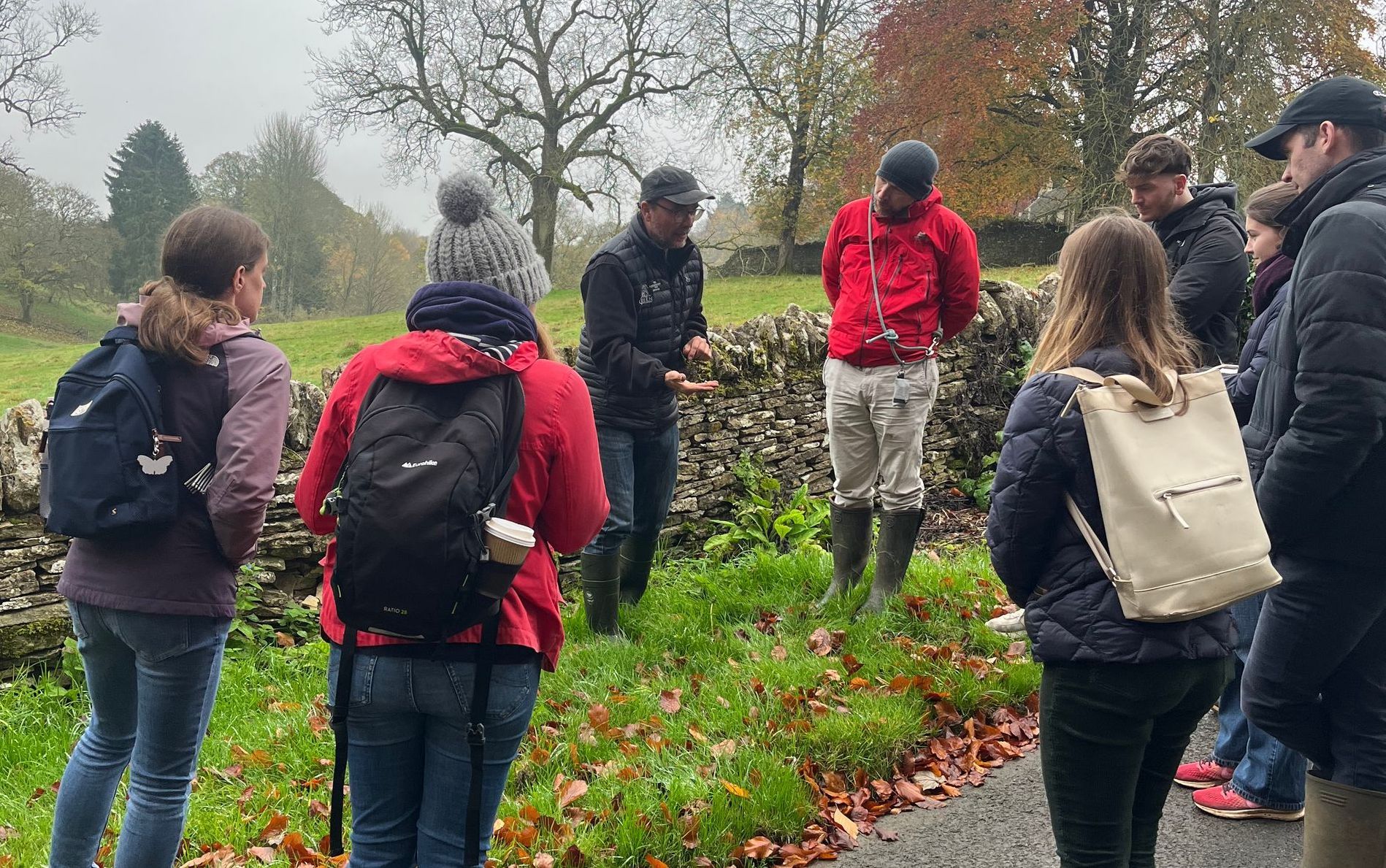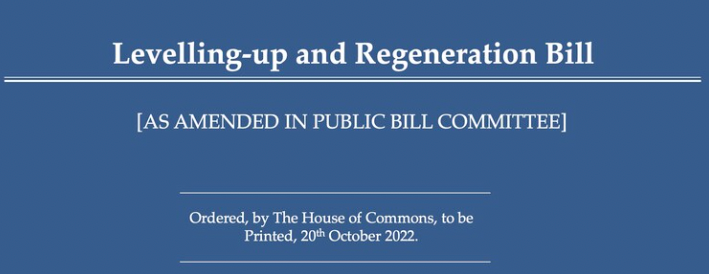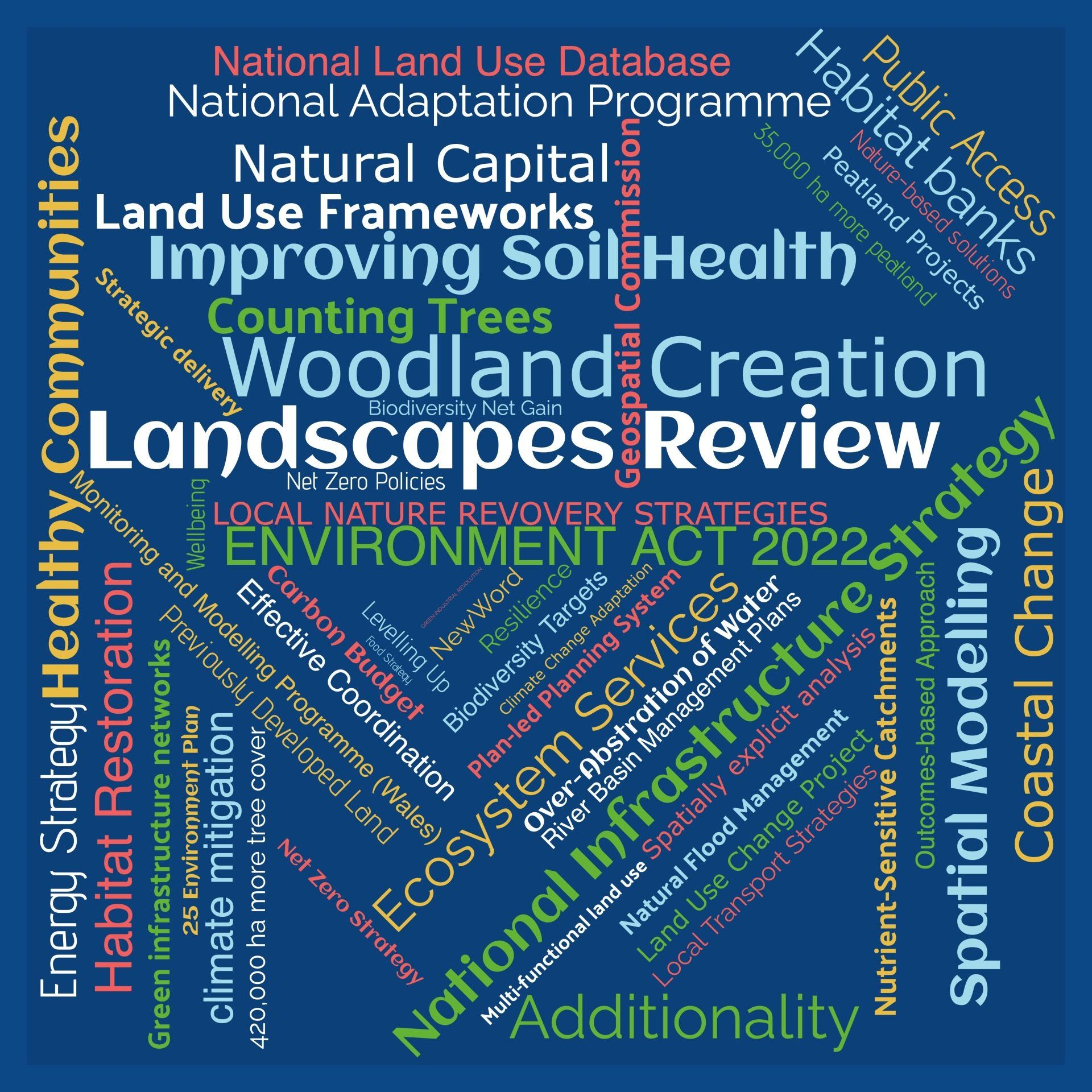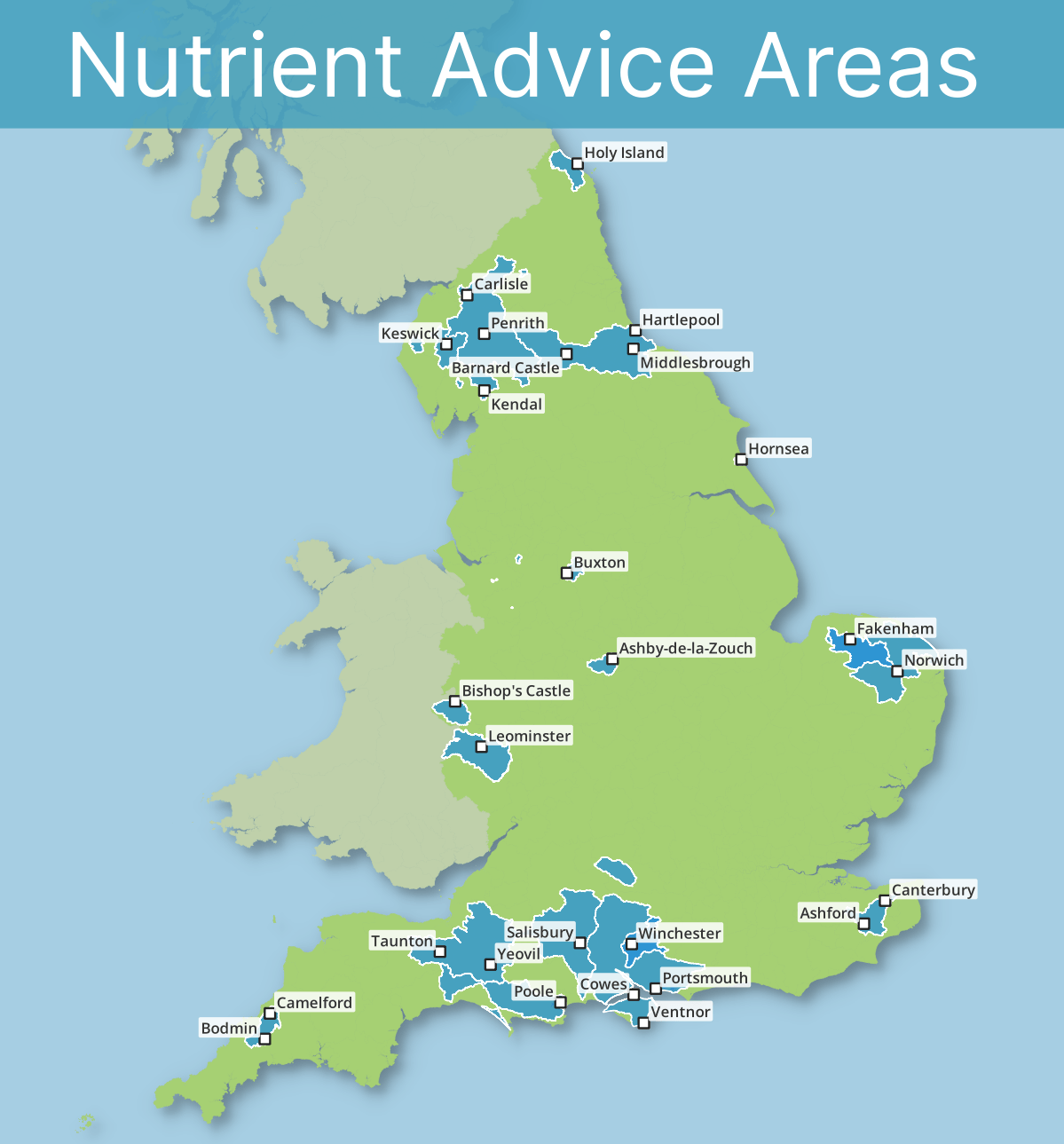Environmental Outcomes Reports

ENVIRONMENTAL OUTCOMES REPORTS - AN ANALYSIS OF THE PROPOSED CHANGES TO THE SYSTEM FOR ENVIRONMENTAL ASSESSMENTS
The Levelling Up and Regeneration Bill (LURB) will see that existing EU-generated Environmental Impact Assessments (EIAs) and Strategic Environmental Assessments (SEAs) are transformed into new, government-created Environmental Outcomes Reports (EORs).
Part 6 of the LURB is currently awaiting royal assent which will likely be granted later this year. Regulations and piloting will then take place in 2024, and the bill likely rolled out in 2025.
The main aim of this Bill is to make environmental assessment more efficient, whilst ensuring overall environmental protection is not reduced. Plans and projects will have to report against a set of given environmental outcomes with supporting indicators.
Why move away from EIAs and SEAs?
- Environmental assessment has become too broad
- Significant amounts of documentation under current regime (becomes impenetrable and disengages local communities)
- Significant variance in indicators and datasets within assessments
- Current environmental assessment regime contains inherent element of uncertainty
- Lack of access to robust and consistent data
- Lack of monitoring and forecasting impacts or mitigation
What makes EORs more efficient than previously used EIAs and SEAs?
- Scoping will report proportionally against outcomes and be submitted as part of the EOR to save time with the local authority scoping process.
- Scoping reports will assess alternatives earlier to reduce confusion and will follow a more outcome-based approach.
- They will include an assessment of how matters raised can be monitored and mitigated
There are, however, concerns around EORs and the potential for them to become more of a burden rather than an improvement to the original system. There are a number of things that should be considered before the Bill is rolled out in full force, such as:
- Can we implement adaptive management to allow mitigation to be adjusted in response to greater certainty on effects following implementation?
- If EORs are not able to address cumulative effects of climate change, what measures will be in place to ensure this issue is picked up elsewhere?
- How will monitoring across local councils and development bodies be better resourced?
Some of these questions arose in a webinar on EORs hosted by the Planning Advisory Service. It is promising that questions are being asked, as this encourages solutions to be actively sought. Hopefully, when the Bill comes into effect, we will see positive environmental outcomes and assessments will be more efficient than under the old regime.
The Lepus team consists of highly experienced SA practitioners and as such we have taken a keen interest in these developments and have contributed to the governments consultations in order to shape the emerging legislation.
For more information on EORs please contact our technical team at enquiries@lepusconsulting.com. Our team can provide advice on the likely transition times for the new legislation, alongside specialist advice targeted to your requirements.
More from our blog
Remaining Neutral
